Jakarta, MINA –Indonesia has a millennials problem.
They’re the largest voting bloc in the country’s presidential election and yet they are the generation most profoundly disenchanted with the political establishment.
Also Read: Hamas Reaffirms Commitment to Returning Bodies of Israeli Soldiers
Struggling with an unemployment rate as high as 17 per cent – while the country enjoys a jobless rate near the lowest in two decades – young voters are in danger of being left behind.
Reaching Indonesia’s roughly 80 million millennials – about 40 per cent of eligible voters – is proving tough for all sides of politics as the world’s third largest democracy gears up for next year’s presidential election, while a lack of progress in tackling corruption has seen many switch off politics altogether.
Born in the lead up to a period of upheaval that saw the Asian financial crisis and resignation of former president Suharto in 1998 after 32 years of authoritarian rule, the country’s millennials have come of age with Indonesia’s young democracy.
While the economy is in a much better place – it’s on track to grow at about 5 per cent this year – the unemployment rate among those aged 20-24 last year was more than three times the national average.
Also Read: Jakarta Experiences Light Rain, Signaling the Start of the Rainy Season in Late October
In a poll that will pit incumbent President Joko Widodo, a former furniture maker, against an ex-special forces general Prabowo Subianto, internal research shows half of millennials are unlikely to vote because they see politics “as too dirty and too boring,” according to Mr Prabowo’s running mate Sandiaga Uno.
Indonesian President Joko Widodo and his challenger Prabowo Subianto at a ceremony marking the start of the campaigning period for next year’s presidential election in Jakarta on Sept 23, 2018.
Both sides are trying to connect. Jokowi, as Mr Joko is known, has deployed pop culture references and put the digital economy at the forefront of his policy platform, while Mr Prabowo’s campaign is focusing on issues that play well with young voters including the environment and unemployment.
“They watch Netflix,” Mr Sandiaga said in an interview. “But they do care about other things.”
Also Read: Indonesia Trains Certified Non-Judge Mediators to Curb Rising Divorce Rates
One issue they do care about is corruption.
Indonesia fell six places to be ranked 96th out of 180 countries in the latest corruption report released by the Berlin-based Transparency International. It found while 64 per cent of people viewed efforts to fight corruption positively, 65 per cent thought corruption had increased in the previous 12 months.
An election commission ban on those convicted of graft running for office has been overruled by the Supreme Court, underscoring the lack of progress in combating entrenched corruption.
Also Read: Indonesia Boosts Islamic Vocational Schools through Stronger Industry Partnerships
“I’m not really into politics,” said Ms Gizela Cindy, a 25-year-old producer who works in a Jakarta-based startup, expressing a sentiment shared by many her age tired of the country’s ruling elite. “I still follow big political news that goes viral in social media, but I’m not routinely looking for it.”
Mr Joko has become adept at leaning on popular culture. In October, he borrowed a line from the fantasy epic Game of Thrones and warned global financial chiefs gathered in Bali that “winter is coming,” evoking loud cheers. He has also explained the threat from rising protectionism with a reference from the Avengers movie franchise.
“Fortunately, Pak Jokowi’s approaches are suitable for millennials,” said Mr Abdul Kadir Karding, the deputy chairman of Mr Joko’s campaign team. “He likes to wear jeans and sneakers, ride a big motorbike or make vlogs.”
Still, Mr Joko’s choice of a 75-year-old as his running mate has raised questions about his ability to appeal to the younger voters. The president will go into the election alongside Ma’ruf Amin, who until recently was the leader of the world’s biggest Muslim organisation, in a move designed to head off questions about his own religiosity.
Also Read: Thousands in Jakarta Urge Indonesia to Take Firm Stand Against Israel, US
“He is indeed old,” Mr Abdul Kadir said. “What we need to push are his ideas, notions and commitment to millennials.”
All millennials don’t even want to vote,
That may prove tough. The Islamic scholar is known for a conservative bent.
He was at the forefront of efforts to bring down Jakarta’s former governor, an ethnically Chinese Christian who was jailed for blasphemy – after months of unrest in the capital – and after months of unrest in the capital – and remains popular among moderate Indonesian voters.
If it’s a challenge for Mr Joko and Mr Amin to engage millennials, it may be even harder for Mr Prabowo, a former general under Mr Suharto who was married to one of the former president’s daughters.
Also Read: Al Fatah Wonogiri Islamic Boarding School Students Join Disaster-Safe Education Unit Training
Internal polling from the Prabowo campaign shows half of all millennials don’t even want to vote, according to Mr Sandiaga.
“About 50 percent of millennials are pretty much disengaged, they are disenfranchised and not too interested in politics,” Uno said. “We need to continue to work hard and pound the issues that are relevant to them and we need to convince them,” he said. “Otherwise, they won’t come to the voting booth.” (T/RS5/RS1)
Mi’raj Islamic News Agency (MINA)
Also Read: Heavy Rain Floods Two Neighborhood Units in Jakarta’s Pesanggrahan District





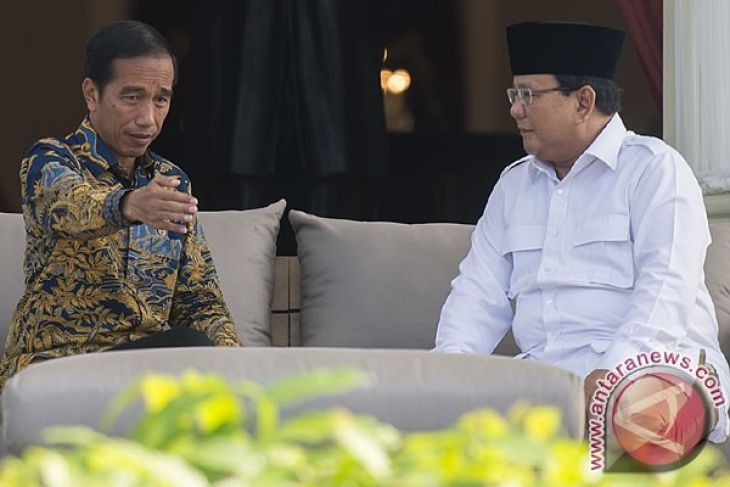




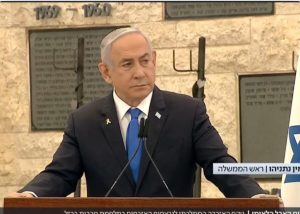




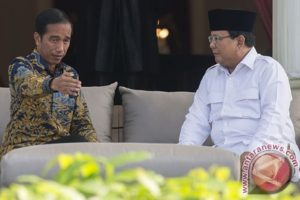





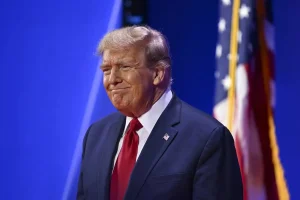
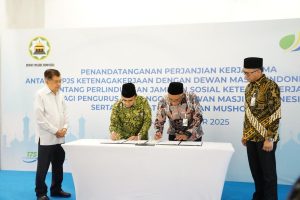

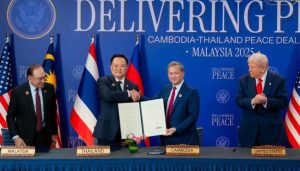






 Mina Indonesia
Mina Indonesia Mina Arabic
Mina Arabic